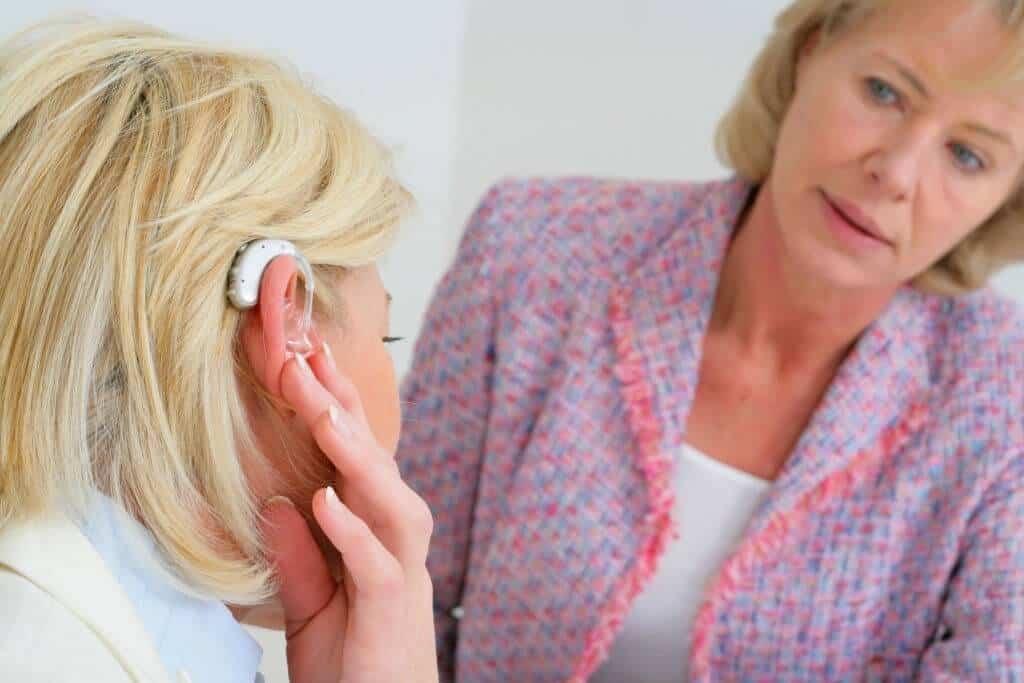Will hearing aids get cheaper and over-the-counter soon?
Nikki Attkisson | Last Updated : September 13, 2021Hearing loss sufferers have traditionally had to compensate for their hearing loss through the purchase of expensive hearing aids that can only be adjusted by an audiologist. The National Institutes of Health reports that only a quarter of the nearly 29 million US adults who could use hearing aids have tried one.
Will hearing aids get cheaper and over-the-counter soon?
Many companies, including Bose speakers, have introduced over-the-counter hearing devices with low-tech features that are less costly. Despite their cheaper and more accessible nature, these newer and more affordable options exist within a medical gray area, as hearing experts and federal regulators tackle the problem posed by hearing devices that can be purchased without having to see a doctor for a hearing assessment.

In 2017, a law required the FDA to create a category for over-the-counter hearing aids and develop standards for them. A COVID-19 pandemic became a delay in the FDA’s August 2020 deadline for proposing the new rules. Although consumers can now look forward to the end of their wait: President Biden ordered the agency to complete its draft rules by November.
By allowing manufacturers like Bose to push forward with devices that are in this new but undefined mid-range category, the FDA has muddied the waters. Bose was approved for direct consumer sale of its hearing aids by the FDA in 2018 based on clinical studies showing that individuals could fit them just as well as an audiologist. A pair of standard hearing aids can cost up to $8,000, while the Bose device runs $850.
A company based in Illinois is now selling $799 hearing aids direct to consumers online and at Walgreens drug stores throughout the South and West. In the hearing aid market, these newer products aim to fill a large gap that has seen people offer two options: either use a full-featured hearing aid or use a personal sound amplifier (PSAP) at a much lower cost.
Who makes the diagnosis?
Generally, PSAPs are priced below $500, and Amazon offers some as low as $60. There are some limitations to PSAPs, including the fact that they amplify all sounds around you without any adjustments to account for distortions at different pitches or hearing loss.
As opposed to PSAPs, Bose and Lexie both feature apps that allow users to adjust volume and frequencies themselves using their smartphones. It is difficult for the FDA to craft rules for hearing loss because it is far more subtle and challenging to detect than vision loss. Consumers must be able to diagnose themselves using these over-the-counter instruments, experts say. People may, for instance, be sensitive to high pitches. Hearing aids require patience and training for a person with long-term hearing loss who has to re-train their brain to interpret signals from the ears.
Audiologists can assist
Another issue: Our hearing might not be judged well by us. The main concern for Shoup and Lanter is that an over-the-counter device will not provide immediate relief to consumers and they will resign themselves to subpar hearing rather than seeking proper treatment. In addition, if an over-the-counter device does not seem to meet an individual’s needs, they may still be able to benefit from the insight of an audiologist for diagnosis, Shoup said.
Lanter suggests that people take their over-the-counter device to an audiologist for adjustment or consult a professional ahead of time to find out if a device like that would work as an alternative. Having your hearing tested by a hearing care professional is the best possible outcome. Then you can see the actual results, she explained. As if the mystery surrounding my direction is gone. Do I want to go this way?
With over 15 years as a practicing journalist, Nikki Attkisson found herself at Powdersville Post now after working at several other publications. She is an award-winning journalist with an entrepreneurial spirit and worked as a journalist covering technology, innovation, environmental issues, politics, health etc. Nikki Attkisson has also worked on product development, content strategy, and editorial management for numerous media companies. She began her career at local news stations and worked as a reporter in national newspapers.
